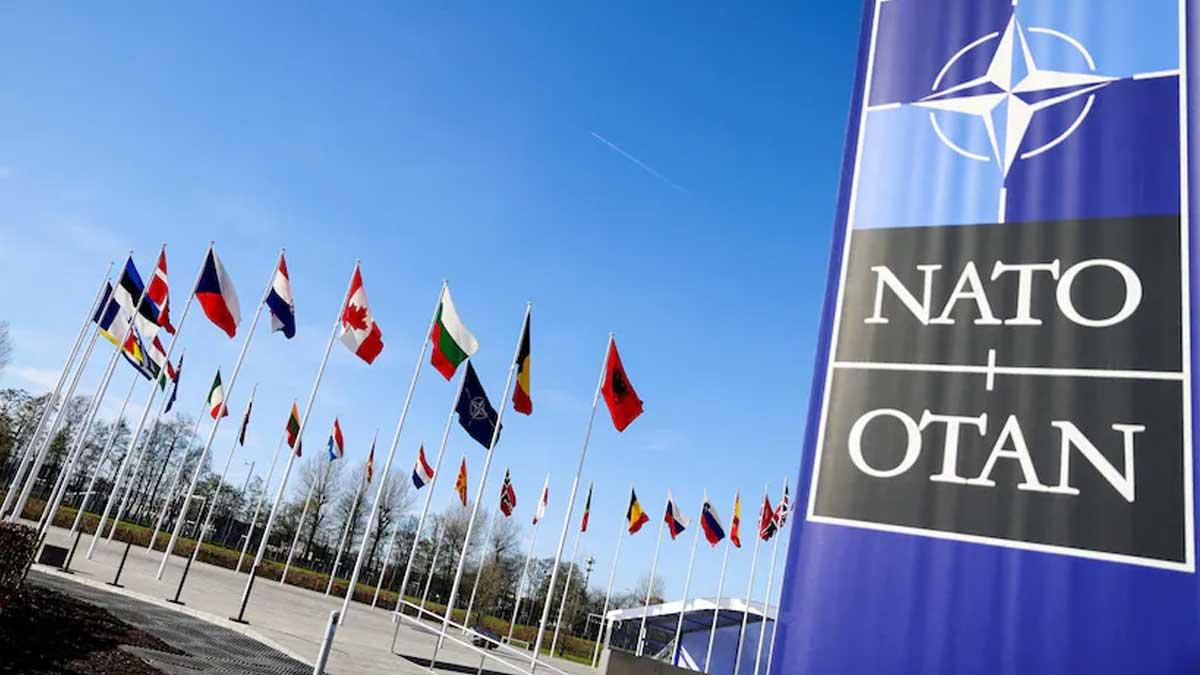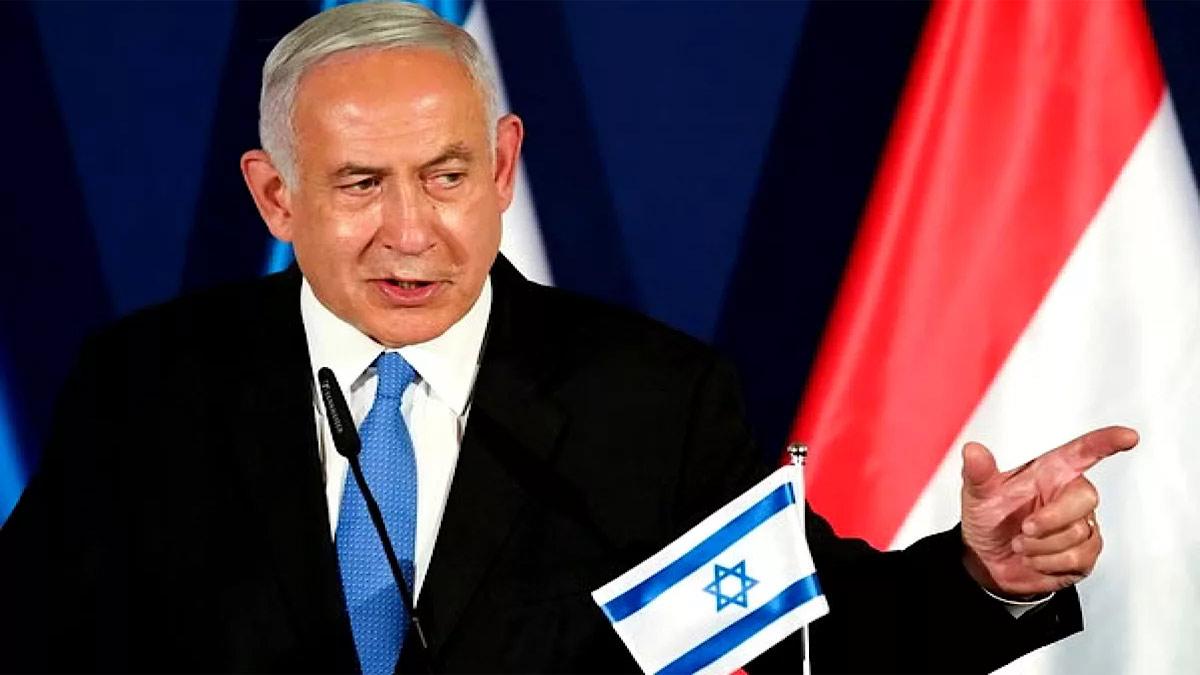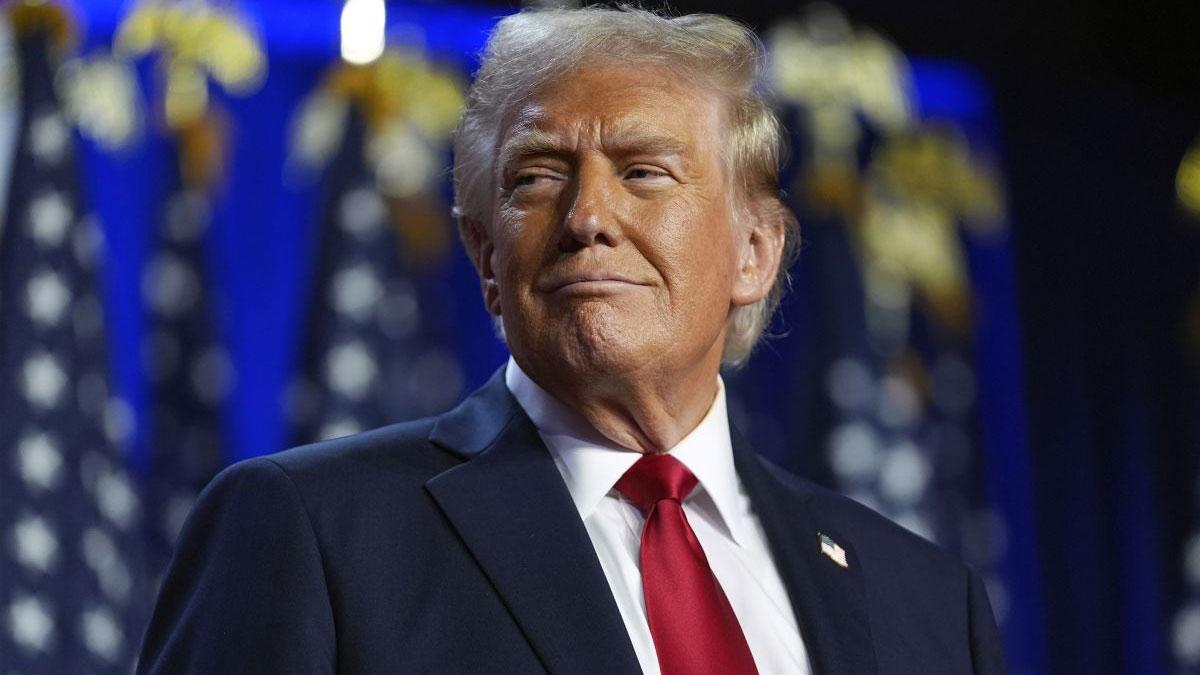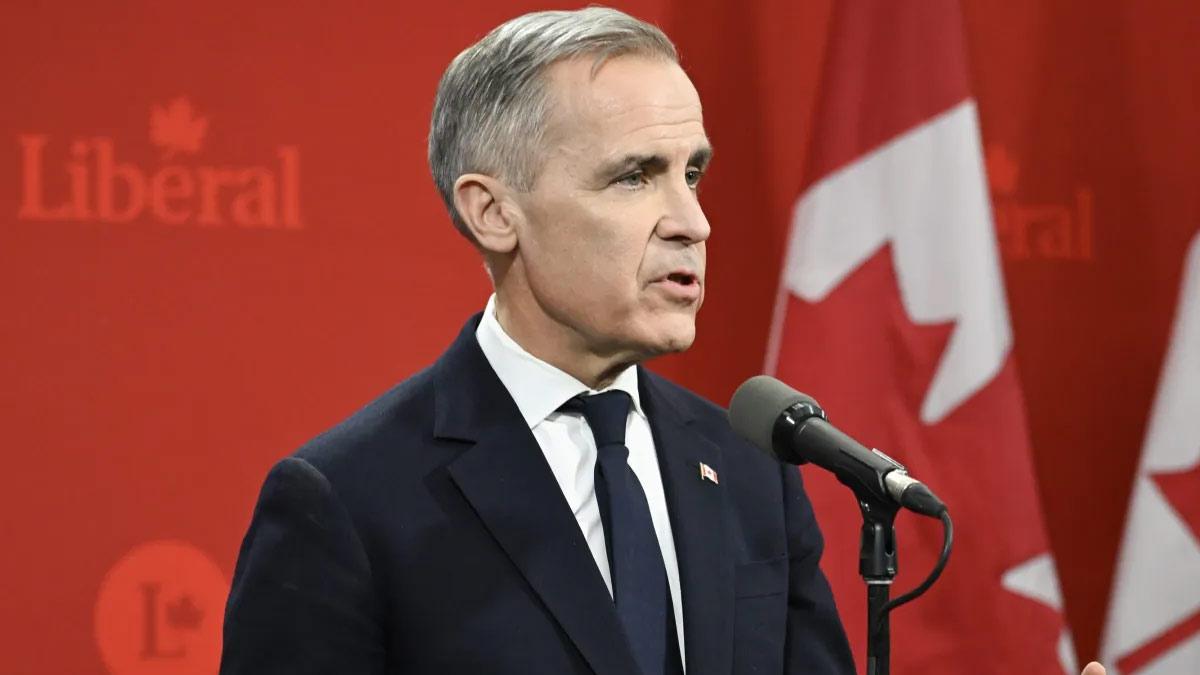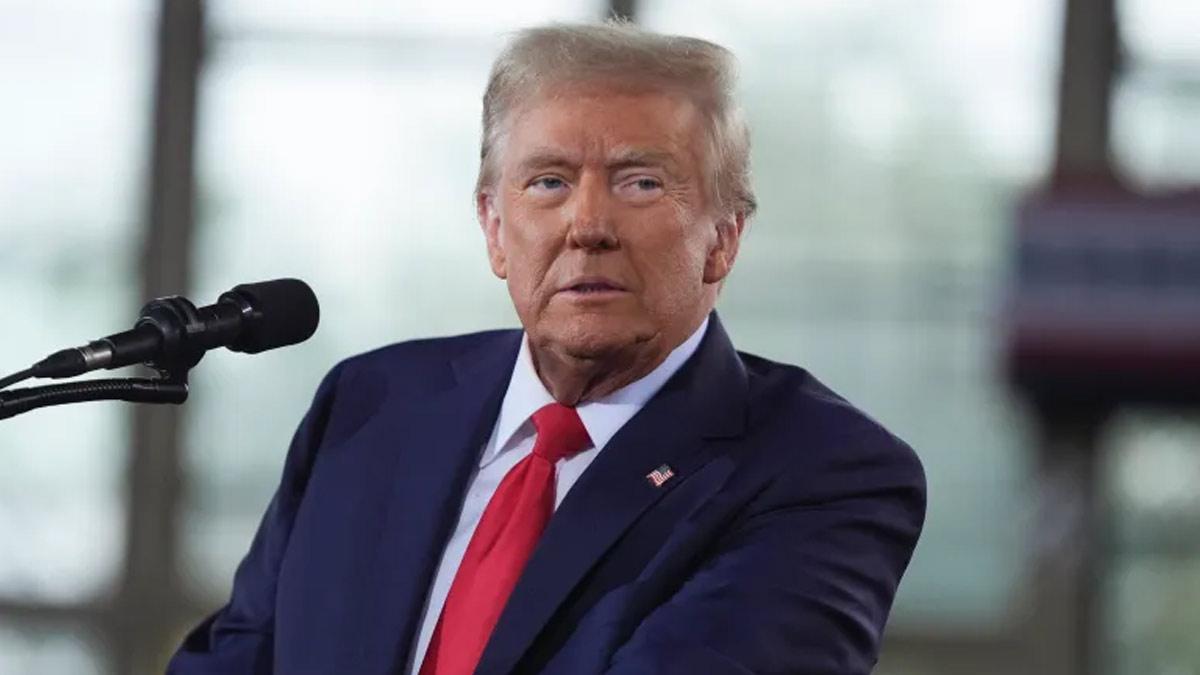NATO is hugely concerned by the closer ties between China and Russia, accusing Beijing of significantly assisting Russia in its war against Ukraine, given the vast scope of their cooperation. It emerged after a summit in Washington to mark the 75th anniversary of the North Atlantic Council.
"The PRC's stated ambitions and coercive policies continue to challenge our interests, security, and values. The deepening strategic partnership between Russia and the PRC and their mutually reinforcing attempts to undercut and reshape the rules-based international order are a cause for profound concern," the Washington Summit Declaration said.
The declaration underlined hybrid threats, cyber warfare, space challenges, and all other types of malignant activities reaching out from different actors at both state and non-state levels. Notably, the role of China as an indispensable player in supporting Russia's actions conducted against Ukraine, utilizing their "no limits" partnership and important support for Russia's defence industry, was mentioned.
The NATO leaders, among others, stated, "We call on the People's Republic of China, as a permanent member of the UN Security Council, to uphold its responsibilities under the UN Charter, and we reiterate our call for the PRC to cease all material and political support for Russia's war effort. That said, dual-use materials—in particular, weapons components and raw materials important for Russia's defense sector—must not be transferred.". It thus warned that the participation of China in Europe's biggest conflict in contemporary history would hurt its proper interests and reputation at large globally.
The Summit marked the accession of Sweden and Finland as the 32nd members of NATO, continuing to improve security in the High North and the Baltic Sea, strengthening the entire Alliance.
The declaration condemned the full-scale invasion of Ukraine by Russia and explained that it is a severe danger to Euro-Atlantic regional peace and stability and global security. It also underscored that terrorism is one such asymmetric threat of the highest order and underlined the interconnection of global threats.
The declaration here expressed concern over the continuous challenges to Euro-Atlantic security from China, described continued cyber and hybrid activities against Allies, while it showed concern over its growing space capabilities. NATO called upon China to support international efforts seeking to promote responsible behavior in space. Based on the declaration, there is an increase in concerns about the rapid expansion and diversification of China's nuclear arsenal; hence Beijing is urged to stop all activities that undermine regional strategic stability.
While keeping the door open to constructive engagement with China, NATO underlined the concepts of increasing awareness, resilience, and preparedness against Chinese coercive means and its wedge-driving actions between the alliance. Therefore, such a summit has renovated NATO's mission of deterrence and defense, standing by Ukraine in its struggle for freedom, and deepening partnerships.
"We welcome the President of Ukraine, Volodymyr Zelenskyy, and the leaders of Australia, Japan, New Zealand, the Republic of Korea, and the European Union," the statement said. NATO Secretary General Jens Stoltenberg underlined the willingness of the Alliance to strengthen partnership in the Pacific region in reaction against a new axis between Russia, China, Iran, and North Korea.
He underlined NATO's continued commitment to Ukraine by the declaration of greater coordination and security assistance and long-term support, stating that supporting Ukraine matters to NATO itself.
Read also | PM Modi Hails Austria Visit as Historic and Productive, Strengthening Bilateral Ties
Read also | Expansion of Colombo Security Conclave: Bangladesh Joins as Fifth Member

